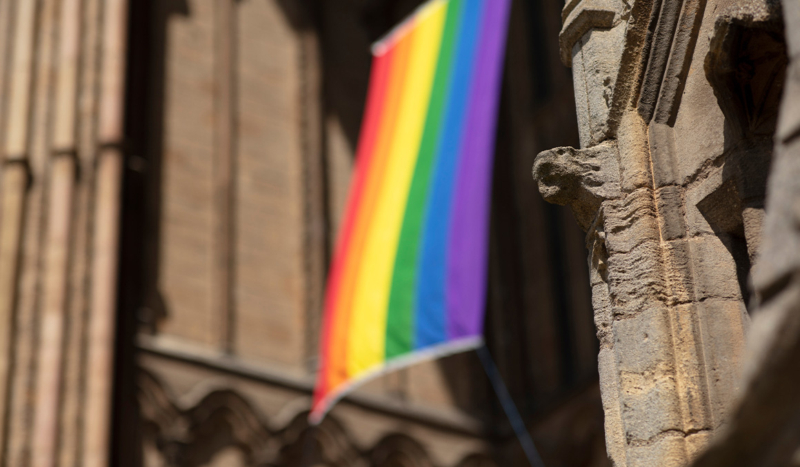
Adobe Stock
A Catholic priest in Germany has publicly announced that he is no longer affiliated with his diocese, stating that its support of Fiducia supplicans and same-sex unions influenced his decision.
The Catholic Herald reported that Father Winfried Abel, an 86-year-old priest in the Diocese of Fulda, has chosen instead to call himself a “priest of the Roman Catholic Church.” Fulda Bishop Michael Gerber supports women’s ordination, married priests, and blessing same-sex couples, while the diocese has expressed support for pride parades and same-sex unions on its website.
According to the Herald, Fr. Abel said that he cannot in good conscience remain affiliated with a diocese that contradicts the Church’s teachings on sexuality. His open letter announcing his decision also criticized the diocese for blessing same-sex couples. He said that same-sex unions are relationships that are “clearly directed against God and the order of His creation,” adding that “if a homosexual couple asks the Church to bless them to confirm their way of life, the Church must refuse this blessing!”
Fr. Abel cautioned against bowing “to the spirit of the times,” because otherwise the Church will be “taken seriously by no one.” He also criticized the diocese’s decision to celebrate Fulda’s pride parade, calling the event a “colourful display of perversions, the glorification of tasteless obscenities, and a spectacle of the loss of the sense of modesty.”
The Herald reported that Fr. Abel “stressed that only fidelity to the Pope’s ministry in Rome guarantees the Church will not fall to error, invoking Christ’s promise that ‘the gates of hell shall not prevail against it.’
“That promise, Fr Abel wrote, ‘is no longer guaranteed to the Church of Fulda,’” the outlet added.
As CatholicVote reported in June, Germany’s bishops issued new national guidelines on the blessing of same-sex couples, titled “Blessings for Couples Who Love Each Other.” The guidelines offer suggestions for structuring the blessing and recommend “careful preparation,” contrasting with Fiducia supplicans’ direction that the blessings of same-sex couples should be spontaneous, brief, and not in the context of a liturgy.

